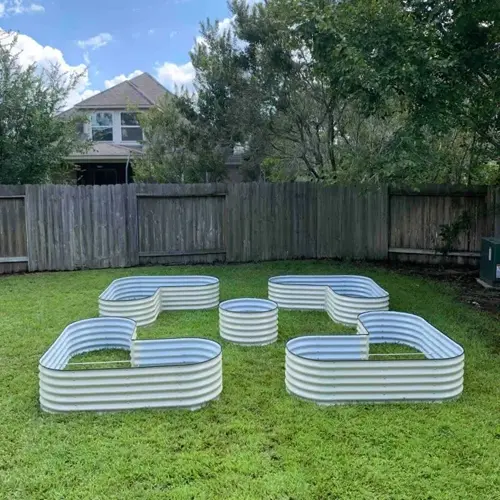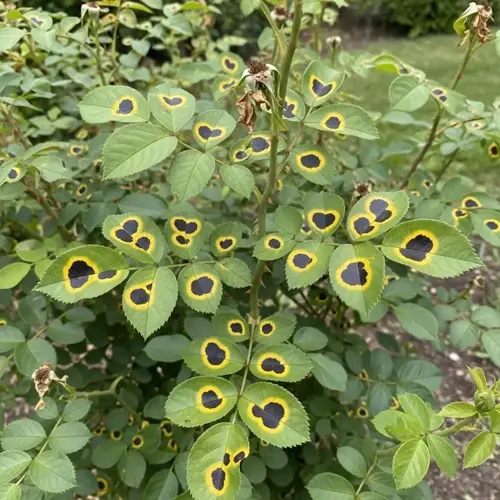What spray works best against scale insects?

Written by
Liu Xiaohui
Reviewed by
Prof. Martin Thorne, Ph.D.Selecting the right spray for scale insects depends on their life stage. I've found insecticidal soap to be the best option against crawlers during their migratory phase. These young nymphs lack protective covers, making them susceptible to the spray. Apply when you see crawlers, typically in the spring when they push growers out of the way.
Crawler Stage Targeting
- Apply insecticidal soap at first crawler sighting
- Reapply every 5-7 days until mobility stops
- Spray leaf undersides where crawlers hide
Dormant Season Treatment
- Use horticultural oil before spring bud break
- Apply heavy coverage to smother overwintering scales
- Ensure complete coverage including bark crevices
Systemic Insecticide Use
- Apply to soil for root absorption
- Works best against soft scale species
- Less effective against armored scales
Adult scale insects suffocate after horticultural oil formulations coat and plug their breathing pores. You should use dormant oil formulations when the plants are in winter dormancy. Use lighter summer oils for summer applications. Coverage generally yields better results than concentration. If you miss areas when applying oil, those areas may become a new infestation site.
Systemic insecticides (such as imidacloprid) move through the plant thanks to absorption. They can help control soft scales that feed on sap. Still, they are not effective against armored scales because their armored covers block the penetration of the chemical. Systemic insecticides are most effective when applied early, before populations become heavy.
Timing is a greater factor than the selection of spray. Monitor the plants weekly with the tape test to monitor for crawler movement. My personal preference is to combine sprays; I will use horticultural oil when the insect is in a dormant state, and then soap when the crawler has emerged. This method of monitoring and using two different types of treatment has been effective, eliminating scales from my rose garden.
Avoid common pitfalls, such as spraying in excessively hot weather. Heat can injure plants; for instance, oil-based sprays are problematic if applied at temperatures above 90°F (32°C). It is always good to test products on small sections first. I keep records of the sprays I use, noting the date and results. This information helps me make adjustments regarding the timing of when I apply sprays in the future.
Read the full article: Mastering Scale Insect Identification: A Complete Guide

